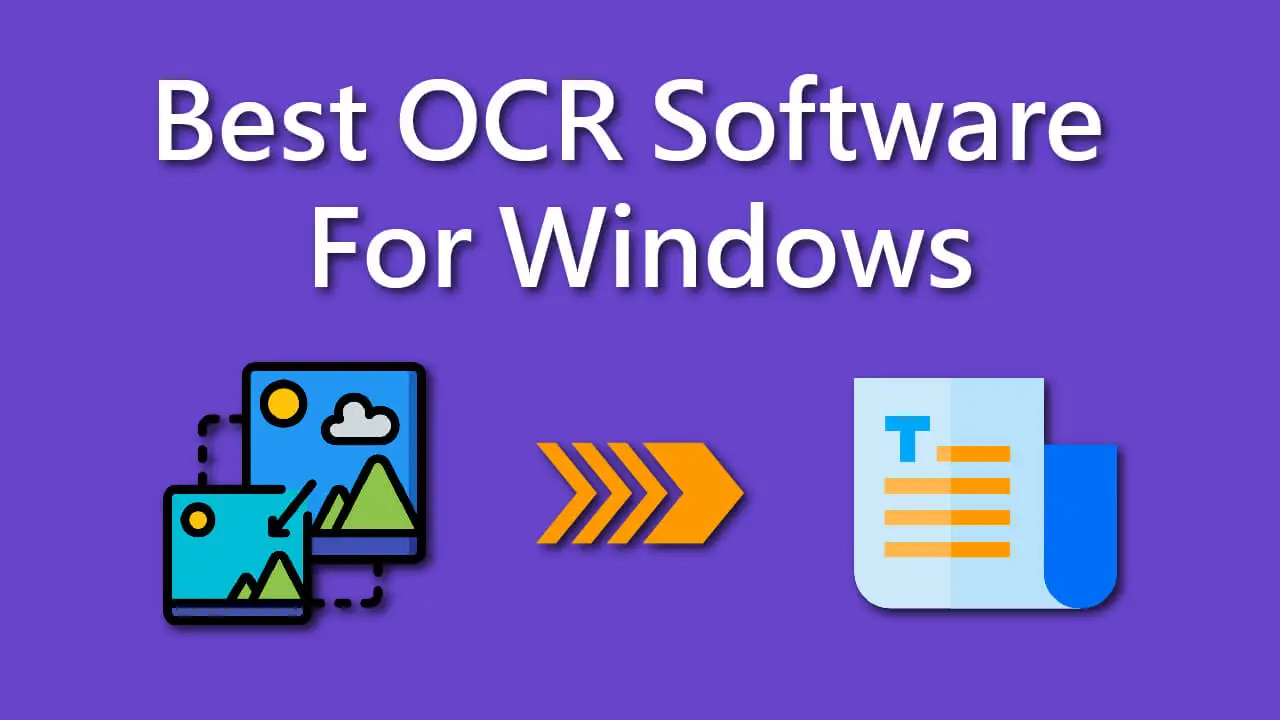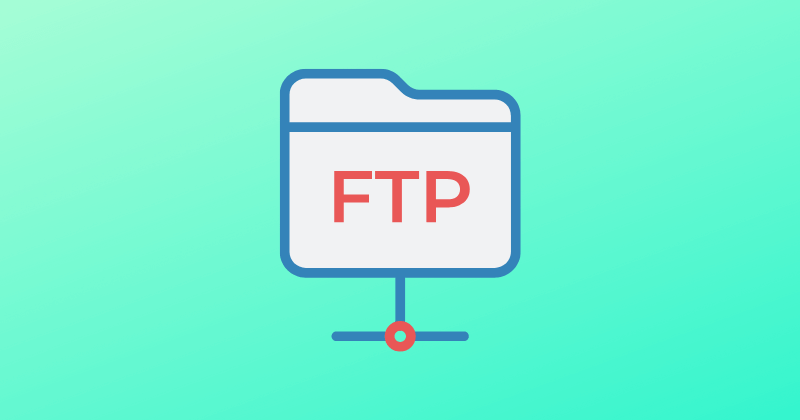Project management, as any PM will tell you, calls for a great deal of meticulous preparation. There are many moving parts in any planning process, whether for deliverables, sprints, or allocations. Then you need something like Microsoft Planner. After all, the word “planner” is right there in the title.
Although Microsoft Planner does a great job as a task management tool, it can only truly shine when integrated with other Microsoft products. We have the best free option for you if you’re sick of all the hoops you have to jump through to manage tasks efficiently.
In this comprehensive Microsoft Planner review, you’ll learn all there is to know about MS Planner to determine whether or not it’s the right tool for you. We’ll also recommend the best alternatives to Microsoft Planner that you can use to better organize your team and your projects.
Best Microsoft Planner Alternatives
It’s a well-liked tool for managing projects and coordinating with teams, but it’s not the best fit for everyone. So, I’ll provide some alternatives to Microsoft Planner that are both free and open-source.
1. Trello
One of the teams that excel at using Microsoft Planner’s card and kanban board features is the best option if you need those features. Trello fits the bill perfectly there. Projects are organized into boards, and cards are stored on those boards in Trello. Details, a to-do list, and files may all be added to and shared using this virtual business card.
Additionally, the jobs are organized neatly, making it simple to pick out specific ones and distribute them to your staff or the general public. This is a fantastic tool for collaborating with clients, suppliers, or even team members struggling with Microsoft Project.
2. ProjectManager
ProjectManager is the best option in our alternatives to the Microsoft Planner list. It is a web-based software that helps teams organize and work together more effectively. If you’re the manager of a project, this means you can create a detailed plan, and the members of your team can log on and get to work without any hassle.
Dashboards, portfolio roadmaps, resource calendars, risk management, and workflow automation are just a few tracking and reporting capabilities available to keep your plan on track. ProjectManager is the superior choice to Microsoft Planner because of its numerous powerful and user-friendly features.
3. Focalboard
Focalboard, developed by Mattermost, is a free program for organizing projects and tasks. This solution is self-hosted and comes with Mattermost as a bonus. So, you can download and install it on your server or utilize the Mattermost cloud edition to access the board feature.
You may get started for free with the cloud edition. However, you can self-host it if you want greater control and customization choices. The desktop version is also available and is designed to assist with the management of specific tasks by a single user.
4. Wrike
Wrike is an excellent alternative to Microsoft Project if your boss prefers the reliability of Microsoft Project. You require a more powerful project management solution than Planner. Wrike, available as a desktop tool for both Windows and Mac, is a robust software for managing various projects simultaneously.
It’s also possible to drag and drop files within the app’s folder structures, and there are dashboards, Gantt charts, and more. Depending on the scope of your project and the level of detail you need, you can adjust the folder structure to suit your needs. It’s a good idea to use Wrike to decide on and plan your WBS.
5. nTask
nTask is a cloud-based track management tool that primarily caters to small-scale and enterprise-level enterprises and individuals. It helps the users with features that enable simple cooperation with team members, task management, meeting scheduling and most importantly, planning schedules and calendar sheets!
Users may quickly and easily create calendars, plans, and task lists, assign priorities and send notifications to specific people without bothering the rest of the group. Project-specific calendars make it simple to track time spent on tasks, allocate resources, identify problems, and specify the next steps for team members.
6. Flow
Work management software Flow has received rave reviews from Capterra users for its intuitive interface and convenient time-tracking tools. Users can quickly and unobtrusively update their statuses and receive notifications. You can easily keep track of everything and stay organized with this method.
If you’re a fan of the board layout in Microsoft Planner, you’ll feel right at home with their system. Their mobile app makes it easy to do everything you need to do and everything you need to do to do it. Nonetheless, we’d like to point out that Flow does not include a reminders function.
7. TaskBoard
TaskBoard is a basic method of task management that emphasizes ease of use and core functionality. Self-hosted, yes, but significantly less complicated to set up than the alternatives. There is support for basic user management and a little bit of configurability.
One of the best features of being a straightforward choice is that it requires no third-party components. You can still try it or head over to its GitHub page to lend a hand, but updates have ceased because of a lack of maintainers.
8. Smartsheet
Smartsheet is an alternative to Microsoft Planner that takes cues from Excel. The program tries to fulfill the role of a super spreadsheet or an enhanced version of Excel. It achieves its goals in large part. Smartsheet, presumably, takes its cues from the ubiquitous spreadsheet because, astonishingly, so many businesses are still using it to manage day-to-day operations.
Don’t presume that people will switch to your spreadsheet because it has more bells and whistles than Microsoft Planner. But you should be suspicious of anything that claims to be smart. The product suffers from several omissions. Notably absent are tools for managing time, money, or other resources.
9. Asana
Asana is a great choice if you’re looking for an alternative to Microsoft Planner. It is a flexible and easy-to-use platform for managing projects, with several features for tracking and completing individual assignments. Slack, Dropbox, Salesforce, and more can integrate with Asana.
Like the Planner’s buckets, it’s simple to make and choose between different project parts. Asana’s group email and shared calendar make it simple to coordinate the efforts of a sizable workforce in real-time.
10. Monday
Monday is a popular project management tool with several features that can help teams get over the hump on Monday. These features include automation, project views, Kanban boards, and project management built-in templates.
On Monday, there will be apps for both the iPhone and the Android. You can leave notes on Monday’s task boards, but you can’t assign them to anyone. It facilitates straightforward interaction and cooperation, and it’s simple to monitor ongoing projects’ development.


